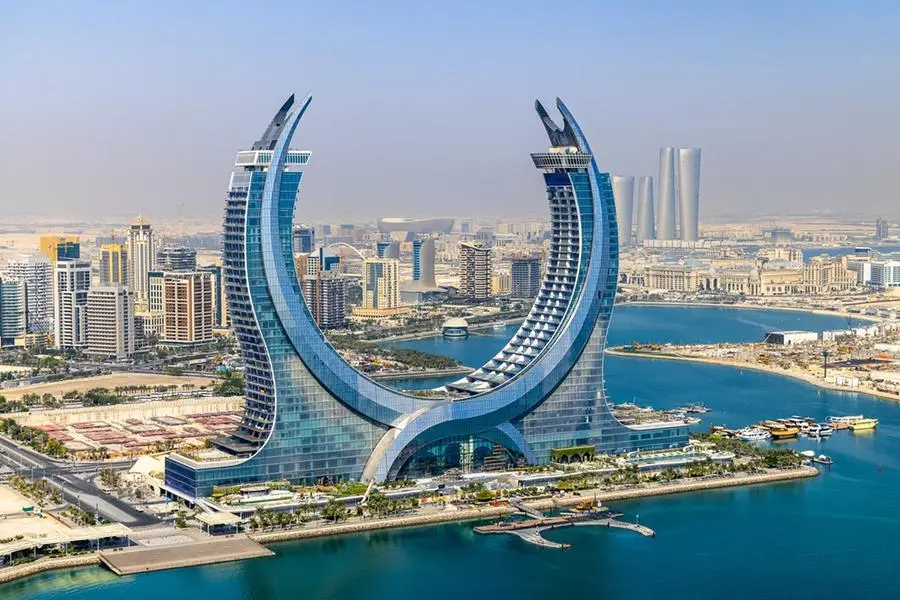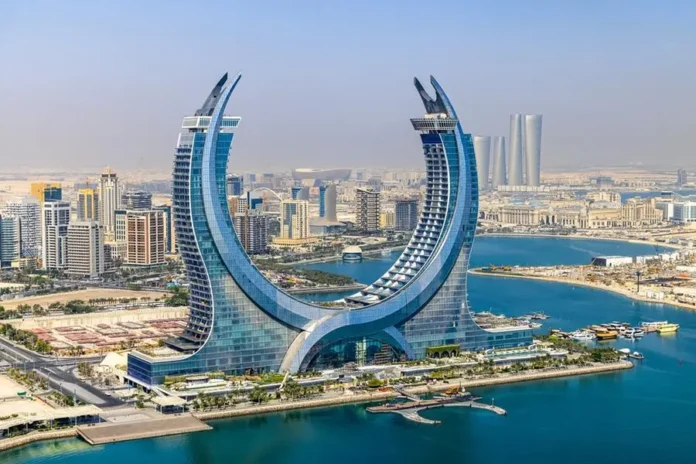The 2022 FIFA World Cup was a landmark moment for Qatar—a tiny nation on the Arabian Peninsula that catapulted itself onto the global stage by hosting one of the most-watched sporting events in history. But as the stadiums quieted and the last fans returned home, Qatar’s ambitions have only grown larger. The country’s post-World Cup strategy is a bold and multifaceted plan to leverage the momentum gained from the tournament to ignite sustained growth across tourism, technology, and talent development.

From Sporting Glory to a Tourism Powerhouse
Qatar’s World Cup success put the country’s unique blend of modernity and tradition on global display. Now, Qatar is building on this exposure to transform into a premier tourism destination in the Middle East.
- Expanding Tourist Infrastructure: The country has committed billions to develop world-class hotels, resorts, museums, and cultural landmarks, aiming to attract millions of visitors annually. The stunning Museum of Islamic Art and the futuristic Msheireb Downtown Doha are just the beginning.
- Cultural and Sporting Events Calendar: Beyond football, Qatar is diversifying its events portfolio, hosting international conferences, music festivals, art exhibitions, and regional sporting events, such as the ATP Qatar Open and the Qatar MotoGP.
- Luxury and Heritage Experiences: Combining ultra-modern luxury resorts with authentic desert adventures and historic souks, Qatar aims to offer tourists a rich, multi-dimensional experience, setting it apart from other Gulf destinations.
Technology: Building a Smart Nation
- Smart Doha: The capital is evolving into a smart city with integrated AI-powered services, IoT-enabled infrastructure, and sustainable urban planning that enhances quality of life and business efficiency.
- Digital Economy Growth: Qatar is fostering a startup-friendly environment, with incubators and accelerators supporting fintech, healthtech, and clean energy ventures. The Qatar Science & Technology Park (QSTP) is a hub where local and international tech firms collaborate.
- 5G and Connectivity: Qatar has one of the most advanced 5G networks in the region, enabling high-speed connectivity that supports innovation in everything from autonomous vehicles to telemedicine.
Attracting Global Talent: The Human Capital Surge
Recognizing that people are the ultimate drivers of progress, Qatar has launched initiatives to attract and nurture top-tier talent worldwide.
- Education and Research: With flagship institutions like Qatar Foundation’s Education City hosting branches of leading global universities, Qatar is cultivating a knowledge economy. The country invests heavily in research, especially in areas like energy, environment, and digital technologies.
- Visa and Residency Reforms: Qatar has introduced long-term visas and more flexible residency rules to make it easier for foreign professionals and entrepreneurs to live and work in the country, signaling a more open and inclusive society.
- Diverse Workforce Development: Initiatives encourage local workforce participation and skill development, particularly for Qatari nationals, alongside bringing in international experts to create a dynamic and diverse talent pool.
Challenges and the Road Ahead
While Qatar’s post-World Cup vision is ambitious, it also faces challenges, including geopolitical tensions, regional competition, and the need for economic diversification away from hydrocarbons. However, its strategic investments and forward-thinking policies position it well to overcome these hurdles.
The world will be watching closely as Qatar transitions from a World Cup host to a regional powerhouse in tourism, technology, and talent. If successful, its model could redefine how small nations leverage mega-events to create lasting economic and social transformation.








